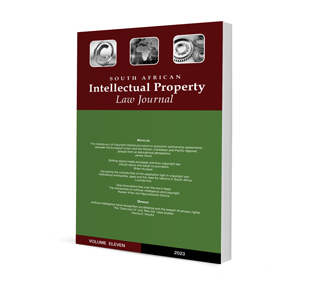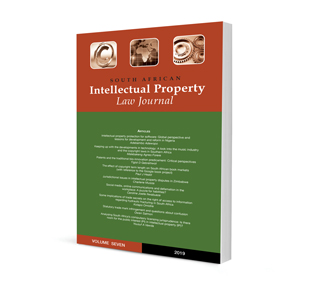The inadequacy of copyright-related provisions in economic partnership agreements between the European Union and the African, Caribbean and Pacific regional groups from an educational perspective

The inadequacy of copyright-related provisions in economic partnership agreements between the European Union and the African, Caribbean and Pacific regional groups from an educational perspective
Author James David
ISSN: 2521-2591
Affiliations: Candidate attorney at Moore Attorneys Incorporated
Source: South African Intellectual Property Law Journal, 2023, p. 1 – 15
https://doi.org/10.47348/SAIPL/v11/a1
Abstract
In 2000, the European Union (EU) undertook to enter into economic partnership agreements (EPAs) with the African, Caribbean and Pacific (ACP) regional groups with the intention of promoting development by implementing tariff-free trade structures with ACP states. A number of these agreements, once entered into, contained provisions regarding intellectual property rights and technology transfer. However, the provisions in these agreements regarding intellectual property protection and enforcement appeared to oblige contracting states to follow the directives as espoused in pre-existing intellectual property agreements. This contribution argues that those agreements do not adequately address educational concerns in developing ACP states, and that, if the EU is concerned about the long-term development of ACP states and regional groups, it should take adequate steps to facilitate knowledge transfer on an equitable basis through copyright mechanisms.
